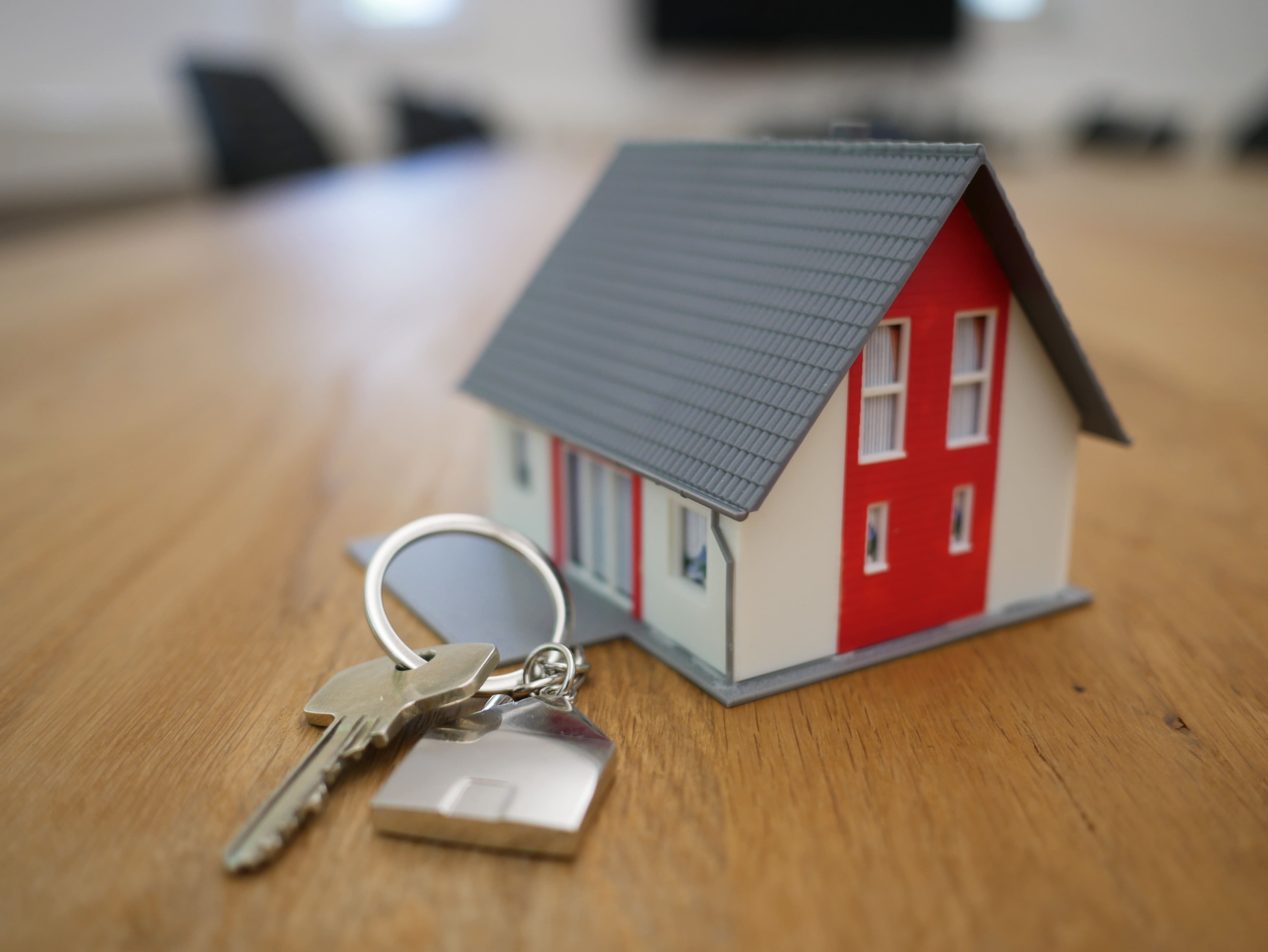
Home Loans
The importance of home loans cannot be overstated in the quest for homeownership among many people, playing a significant role in the financial stability of families.
This makes it imperative for one to find an ideal mortgage in the wake of unstable real estate costs.
These lending facilities are normally issued by banks and other mortgage lenders, helping people to either buy or refinance their homes and providing a way through which they can invest and have personal space. Different variables, such as interest rates, terms of payment, and qualification criteria, complicate this decision-making process. Home loans are vital to bridging the gap between dreams and reality because they offer individuals a platform from where they can mold their future as well as that of their offspring forever.
How Home Loans Work?
A home loan, also called a mortgage, is simply a loan that you borrow from a bank to buy a home. Instead of paying for it all at once, you take out money and pay it back over time.
The Borrowing Process
When one wants to borrow money from a bank to buy a house, the bank will give them money. In return, you agree to pay back that money in smaller portions, usually over a period of several years.
Interest Rates
Lending institutions charge borrowers interest in addition to giving them cash. People should understand interest rates because they determine how much you will spend on the overall cost of your home. The interest rates do not change every time, while sometimes they may be static.
Types of Home Loans
There are various categories of home loans. Some have a fixed rate constant throughout the entire period for which you repay it. However, there are those with adjustable rates which can change at different periods. Each type has its own advantages and disadvantages.
Down Payments and Closing Costs
Most people who buy homes on credit terms often have to make down payments. It refers to an amount in percentage form of the property’s worth. Additionally, there are closing costs that are additional charges made for sealing the purchase agreement for the house. You need to be ready for these costs.
Repayment Period
The period within which borrowed funds must be paid back is referred to as the repayment period. For example, when you choose to repay over more time, monthly installments might be lower, but overall, the sum could still accumulate more due to interests charged.
Pros and Cons of Home Loans
Owning a home is a milestone, yet many people are able to qualify for a mortgage. This article outlines the pros and cons of home loans, which will help you make an informed decision.
Pros of Home Loans
Deciding to get a home loan often becomes a significant step in becoming a homeowner. There are several benefits or pros of going for a home loan, which is important in turning the dream of having a house into reality.
Homeownership Dreams Come True
Therefore, through taking up mortgage loans, one is enabled to purchase houses, thus fulfilling their homeownership ambitions. It’s like owning your own place.
Monthly Payments Spread Out
Instead of paying the whole amount at once, you can pay in installments on a monthly basis through mortgage financing. This way, you can spend money better because it doesn’t have to be paid all at once.
Potential for Property Value Increase
Over time, the value of your property could rise. So, if you opt to sell it later, there would be chances that you may earn something from it.
Cons of Home Loans
Even though they offer a route to the American dream of owning their own homes, home loans have some downsides that cannot be ignored. This article looks at the dark side of taking home loans that would enlighten borrowers about the financial implications of owning a house and enable them to make wise choices on this significant fiscal burden.
Interest Costs Add Up
However, when payments are spread over a long period, interest becomes a problem. These interests can be accumulated, and at the end of the loan life, you will pay more than your actual cost for the house.
Risk of Property Value Decrease
Prices may go up but fall down; property values do the same. The value of your house may reduce, and if you sell it, you may not get enough money to repay your loan.
Commitment to the Long Haul
It is common for home loans to last many years. This would also apply if a sudden change in location takes place and selling your home would not fetch an amount high enough to cater for all that is owed, leaving some financial troubles.